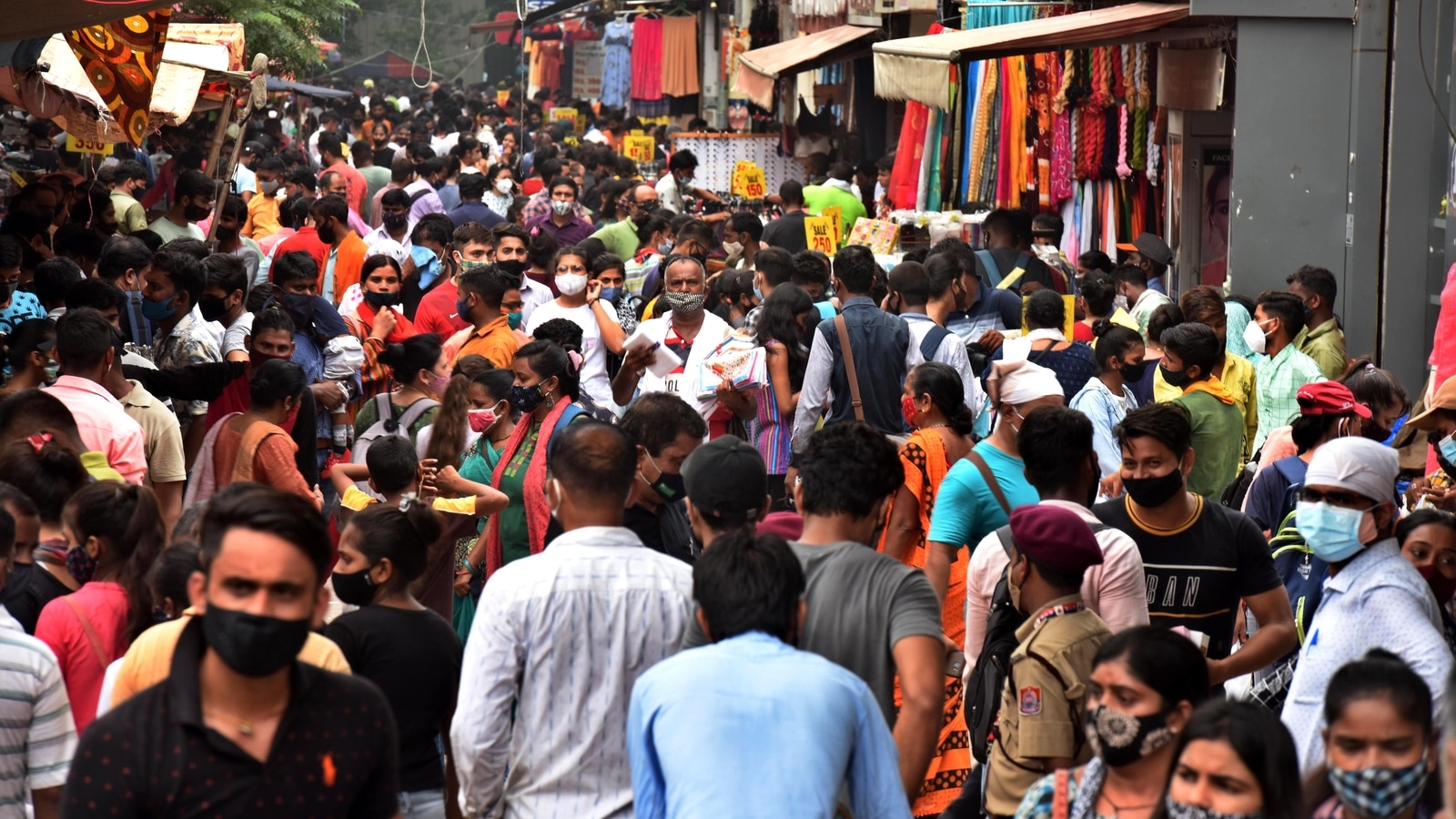
A new study by the researchers from the Imperial College London and ICMR believe that revenge travel may be the trigger for the third wave of COVID-19 in India. Here’s what the study unravels.
What can cause a third wave of COVID-19 in India?

At present India is stabilizing from the pandemic and reporting less than 20,000 cases every day. People are finally going back to work, going on vacations as public places across the country are opening up again. However, experts are cautious about this small burst of freedom before the festive season. They are skeptical of the trend are against revenge travel.
Additionally, the researchers from the study report that “revenge travel may worsen the third wave of the pandemic in India. And cause a higher peak between the months of February and March next year.”
The study is titled ‘Responsible travel to and within India during the COVID-19 pandemic’. Published in the Journal of Travel Medicine, its authors are top researchers from the ICMR. “Taking this into consideration, the third-wave peak can increase by up to 47% during the holiday season and can occur two weeks earlier compared to a scenario of easing restrictions in the absence of holiday travel,” they added.
What is revenge travel?

Revenge travel is a phenomenon- the desire of travelling or going on a vacation after a long period of lockdowns. Or after staying home. It is a side effect of ‘lockdown fatigue’ or being tired of staying at home. This has lead to people swarming the hot spots across the country.
The study revealed that it’s different from the nonexistence of official guidelines or restrictions on travel within the country. After all, holiday destination states are not sure how to mitigate travel-related issues. While the researchers mention traveling responsibly, it is advised to stay at home and avoid the third wave.






